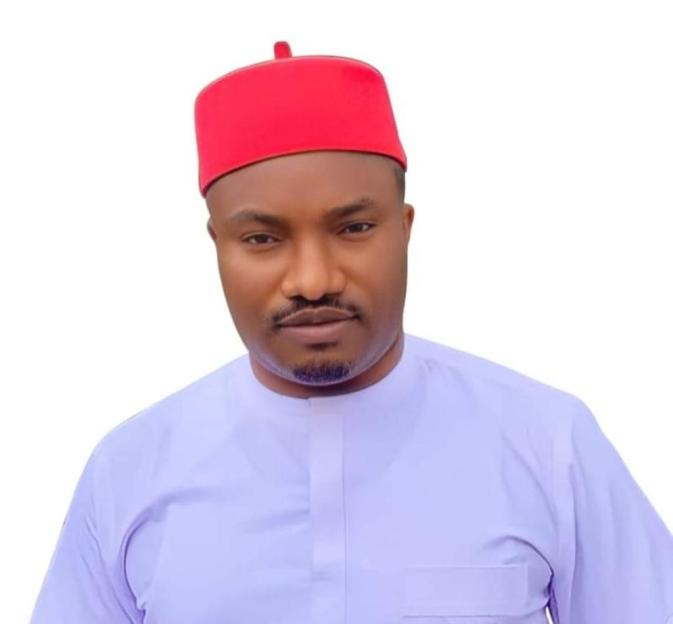The National Agency for the Control of AIDS, NACA, has released its 2024 HIV spectrum estimates, revealing that Rivers State tops the chart with the highest number of people living with HIV (PLHIV) in Nigeria, with a staggering 208,767 cases.
Closely following are Benue State with 202,346 cases and Akwa Ibom with 161,597 cases, making these three states the epicenters of HIV prevalence in the country.
Nationwide, more than two million Nigerians are currently living with HIV, underscoring the urgency for continued investment in prevention, testing, and treatment services.
Lagos State, Nigeria’s commercial hub, ranks fourth with 108,649 cases, trailed by Anambra with 100,429 cases and the Federal Capital Territory with 83,333 cases, the latter being the highest in the North-Central region.
Other states with significant HIV burdens include Delta with 68,170 cases, Imo with 67,944, Enugu with 61,028, Edo with 60,095, and Taraba with 58,460 cases. Abia follows with 54,655 cases, while Kaduna has 54,458 and Kano has 53,972 cases.
Plateau State reports 51,736 cases, with Borno at 50,433 and Oyo at 50,063. Cross River has 43,452 cases, Ogun reports 43,348, and Nasarawa follows closely with 44,993. States like Bayelsa, Ekiti, Zamfara, and Yobe report comparatively lower numbers, with Bayelsa at 25,339, Ekiti at 18,857, Zamfara at 13,253, and Yobe at 11,956.
The report also disclosed that in the past year, 43,683 people died from HIV-related complications, with 28,589 adults and 15,094 children aged 0â14. Currently, 1,753,425 people living with HIV in Nigeria are aware of their status. Of these, 1,735,808 are receiving antiretroviral therapy (ART), including over 45,000 children.
Among those on treatment, 1,160,256 individuals were tested for viral suppression, and 1,112,339 were confirmed to have suppressed viral loads, a key indicator of effective treatment. Despite significant progress, a major gap remains in maternal HIV care. Of the 93,186 pregnant women identified as needing ART to prevent mother-to-child transmission, only 31,095 have received the necessary treatment.
NACA’s Director-General, Dr. Temitope Ilori, reaffirmed the federal government’s commitment to sustaining HIV care and addressing potential drug shortages.
She stated that the Federal Executive Council recently approved $1.07 billion for broader healthcare reforms under the Human Capital Opportunities for Prosperity and Equity Programme. Additionally, N4.8 billion was allocated specifically for HIV treatment, with a further N300 billion earmarked for health in the 2025 national budget.
“These resources are being mobilised to ensure no disruption in care and continued progress in Nigeria’s HIV response,”; Ilori said.







